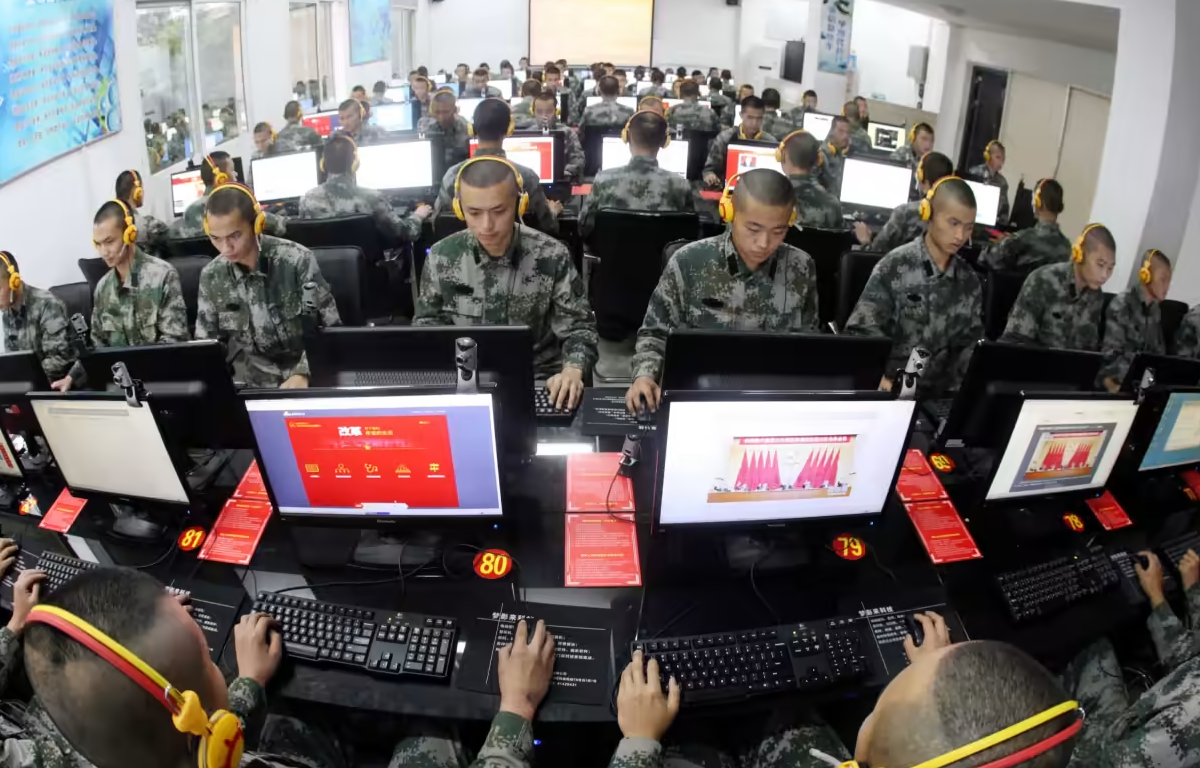
China’s journey from being a copycat to an innovator in the tech industry is a testament to its adaptability and determination. In the early 2000s, China was often criticized for its tendency to replicate successful Western products. However, this culture of reverse engineering served as a valuable learning experience for Chinese engineers and entrepreneurs. By dissecting and understanding foreign technologies, they gained crucial insights into product design and development.
China’s ambitions in AI were given a significant boost by government support. The Chinese government, recognizing the strategic importance of AI, launched the “Made in China 2025” initiative, which aimed to upgrade the country’s manufacturing capabilities using AI and other advanced technologies. This initiative provided funding, incentives, and regulatory support to AI companies, fostering innovation and growth.
China’s vast population ensures a steady supply of talent. Chinese universities produce a large number of engineering and computer science graduates each year. Many of these graduates are drawn to careers in AI, lured by the prospect of working on cutting-edge technologies. China’s tech giants, such as Tencent, Alibaba, and Baidu, have also been successful in attracting top AI talent.
China’s startup ecosystem has flourished, providing a fertile ground for AI innovation. The country has seen the emergence of numerous AI startups, each specializing in various niches of the field. These startups are often nimble, agile, and unburdened by legacy systems, allowing them to experiment with novel AI applications.
China’s dominance in AI is most evident in key sectors like e-commerce, finance, and healthcare. For instance, companies like Alibaba and JD.com have harnessed AI for highly efficient supply chain management and customer service. In financial services, AI-driven robo-advisors and fraud detection systems have become the norm. Chinese hospitals employ AI for diagnostics, drug discovery, and personalized treatment plans.
China’s influence in AI extends far beyond its borders. Chinese AI startups and tech giants have expanded their footprint internationally, partnering with global firms and investing in AI research and development centers worldwide. This global reach has allowed China to shape the direction of AI research and development on a global scale.
While China’s progress in AI is impressive, it is not without challenges. Concerns about data privacy, ethics, and the potential misuse of AI technology persist. Moreover, competition from other AI powerhouses, particularly the United States, remains fierce. The ongoing technological rivalry between these two nations is shaping the future of AI and has global implications.










Share this: